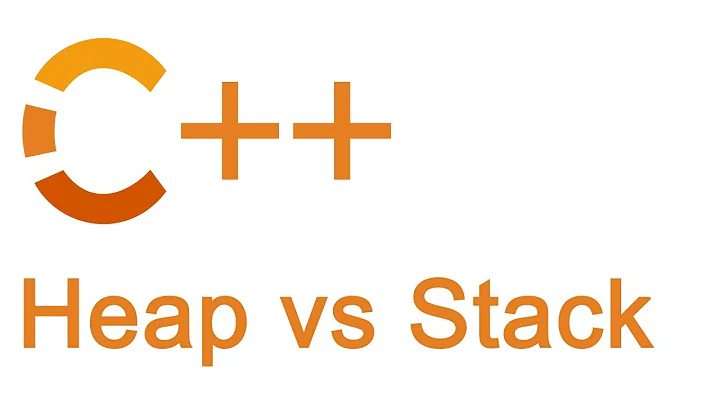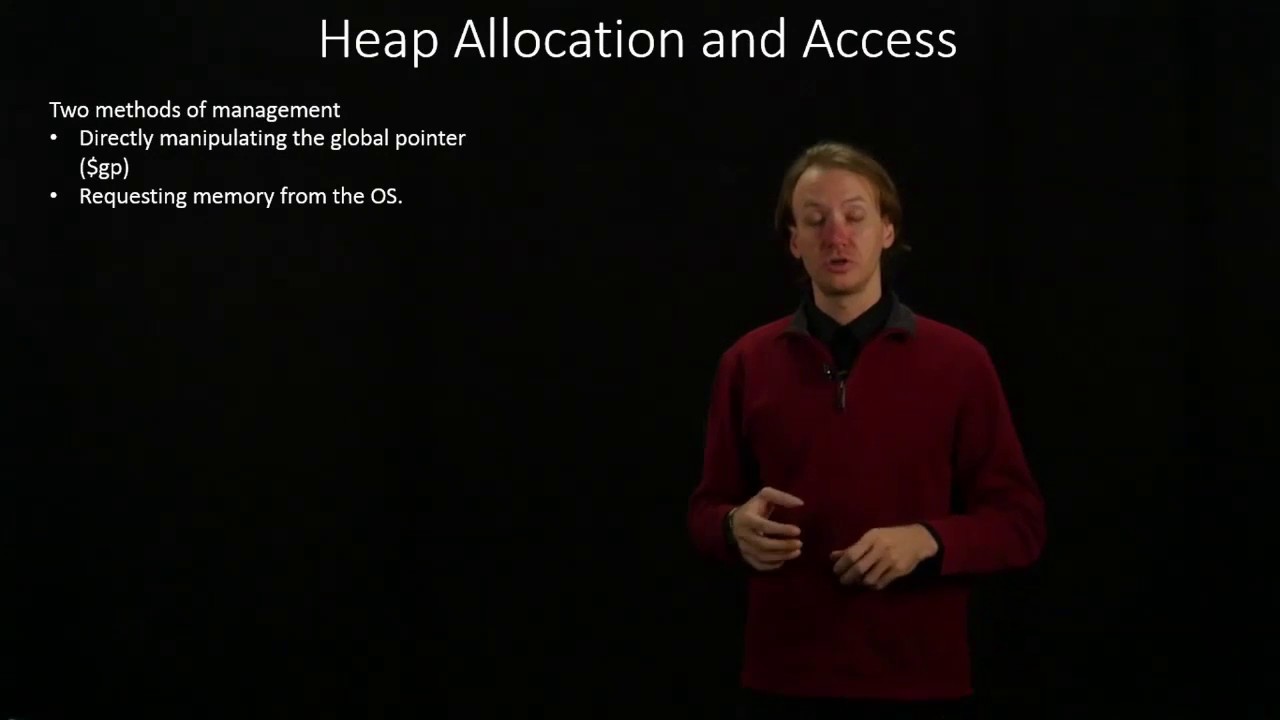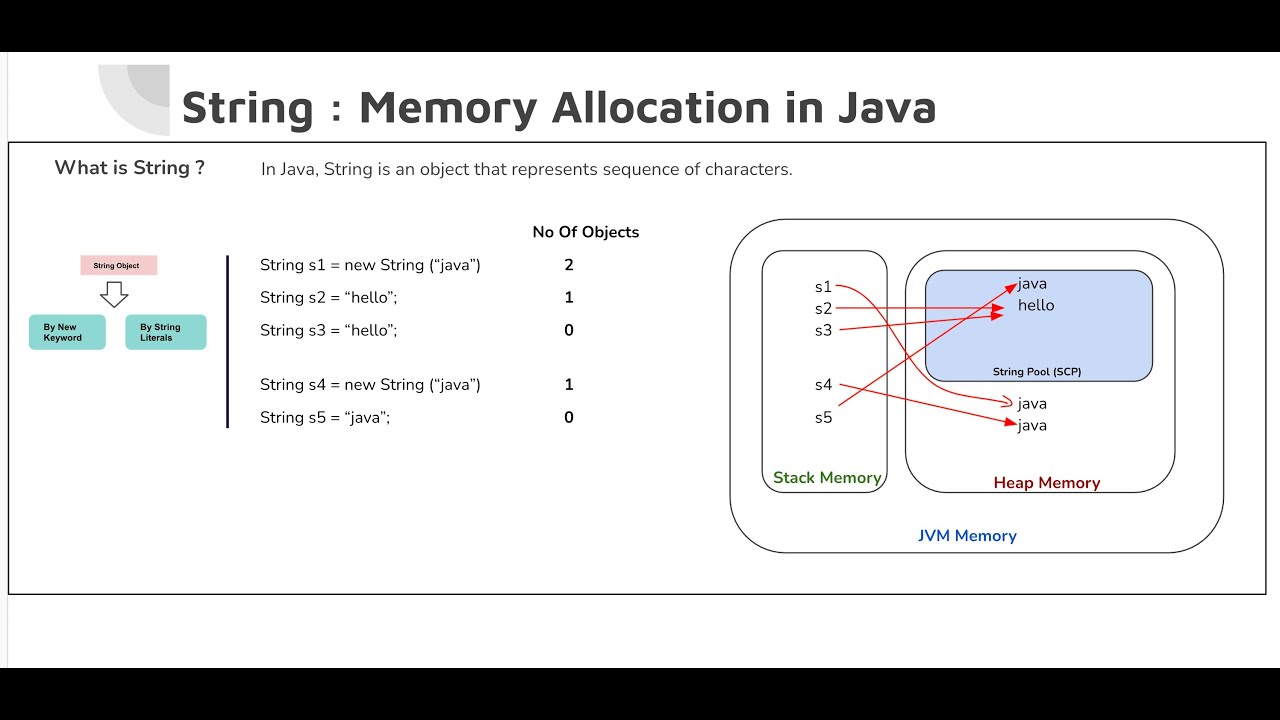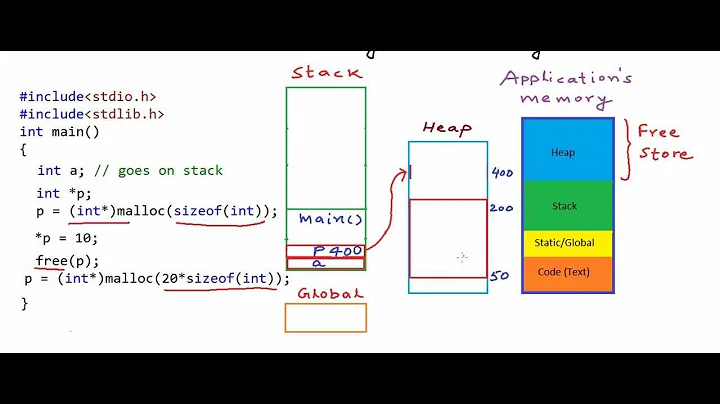Uninitialised value was created by a heap allocation
Solution 1
You have two mistakes on line 104,
strncpy(inputCopy, input, strlen(input)*sizeof(char));
You need to give strncpy room for the terminating null, so it should be strlen(input)+1
strncpy isn't guranteed to leave the output buffer null terminated, which seems like a bug in strncpy but it isn't. It was designed to work that way. What strncpy was designed to do was copy a string into an output buffer and then fill the rest of the buffer with zeros., It's not really designed as a 'safe strcpy'
Your other bug is that strncpy takes a character count not a byte count, so it's incorrect to multiply by sizeof(char).. Since sizeof(char) == 1, this isn't actually causing problems, but its still the wrong intent.
You were correct to multiply by sizeof(char) in the malloc on line 99 since malloc needs a byte count.
Solution 2
strncpy will not put a terminating 0 character as it copies at most N characters (where N is the 3 parameter). Since you specified the length and did not include the +1 for the terminating 0, it was not added.
So assuming your have a buffer of N bytes, the proper use of strncpy is this:
strncpy(dest, src, N - 1);
dest[N - 1] = '\0';
strncpy is a strange function. Besides not promising to write a terminating 0, it will always write exactly N characters to the destination buffer. If src is smaller then N, strncpy will actually take the time to fill the entire rest of the buffer with 0's.
Solution 3
I believe your strncpy isn't putting a terminating null character at the end of the string, so printf is running off the end of the allocated memory.
Related videos on Youtube
yavoh
Updated on January 30, 2020Comments
-
 yavoh almost 3 years
yavoh almost 3 yearsI have been chasing this bug around, and I just don't get it. Have I forgotten some basic C or something?
==28357== Conditional jump or move depends on uninitialised value(s) ==28357== at 0x4C261E8: strlen (mc_replace_strmem.c:275) ==28357== by 0x4E9280A: puts (ioputs.c:36) ==28357== by 0x400C21: handlePath (myshell.c:105) ==28357== by 0x400B17: handleInput (myshell.c:69) ==28357== by 0x400AAD: acceptInput (myshell.c:60) ==28357== by 0x4009CF: main (myshell.c:33) ==28357== Uninitialised value was created by a heap allocation ==28357== at 0x4C25153: malloc (vg_replace_malloc.c:195) ==28357== by 0x400BDE: handlePath (myshell.c:99) ==28357== by 0x400B17: handleInput (myshell.c:69) ==28357== by 0x400AAD: acceptInput (myshell.c:60) ==28357== by 0x4009CF: main (myshell.c:33) ==28357== (095) void handlePath(char *input) { (096) if(DEBUG_ON) { printf("%s%s\n", "DEBUG_HANDLEPATH: ", input); } (097) (098) char *inputCopy = NULL; (099) inputCopy = (char *)malloc((strlen(input)+1)*sizeof(char)); (100) (101) if(inputCopy==NULL) { (102) die("malloc() failed in handlePath()"); (103) } (104) strncpy(inputCopy, input, strlen(input)*sizeof(char)); (105) printf("%s\n", inputCopy); (106) free(inputCopy); (107) return; (108) }Line 96 prints the parameter "char *input" just fine (DEBUG_ON==1), but line 105 spits out valgrind errors (it does print just fine in the console). "char *input" originates from a getline() grabbing a line of input, and in the case of this function will be something like "path /test/path" without quotes. I can print and manipulate it just fine in preceding functions. What's uninitialized about "char *inputCopy"? Any ideas? Thanks in advance!
-
 yavoh almost 13 yearsSilly me! A serious case of RTFM on my end. Thanks! That solved it nicely.
yavoh almost 13 yearsSilly me! A serious case of RTFM on my end. Thanks! That solved it nicely. -
 ephemient almost 13 years
ephemient almost 13 yearssizeof(char)==1by definition, but there's no harm in being explicit. -
 John Knoeller almost 13 years@ephemient: Agreed, although I would have written sizeof(inputCopy[0]) rather than sizeof(char).
John Knoeller almost 13 years@ephemient: Agreed, although I would have written sizeof(inputCopy[0]) rather than sizeof(char). -
 GManNickG almost 13 years@ephemient: Expect that's really the same as putting
GManNickG almost 13 years@ephemient: Expect that's really the same as putting1 *in front of variables: useless and confusing. Better to keep clutter out, I think. -
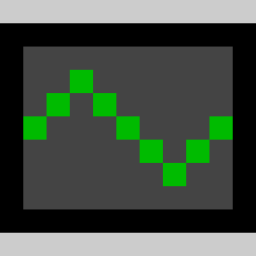 Paul R almost 13 yearsGood catch. Additionally the strncpy should probably just be strcpy anyway.
Paul R almost 13 yearsGood catch. Additionally the strncpy should probably just be strcpy anyway. -
Secure almost 13 yearsp = malloc(Size*sizeof(*p)); -- In C there is no need for the cast. Now the statement works for any type of p without change.
-
 caf almost 13 yearsSince you know the exact number of bytes you want to copy, you can simply use
caf almost 13 yearsSince you know the exact number of bytes you want to copy, you can simply usememcpy. -
 bk1e almost 13 yearsThe sizeof(char) becomes a problem if you later add wide string support by replacing strncpy(...*sizeof(char)) with wcsncpy(...*sizeof(wchar_t)).
bk1e almost 13 yearsThe sizeof(char) becomes a problem if you later add wide string support by replacing strncpy(...*sizeof(char)) with wcsncpy(...*sizeof(wchar_t)).

